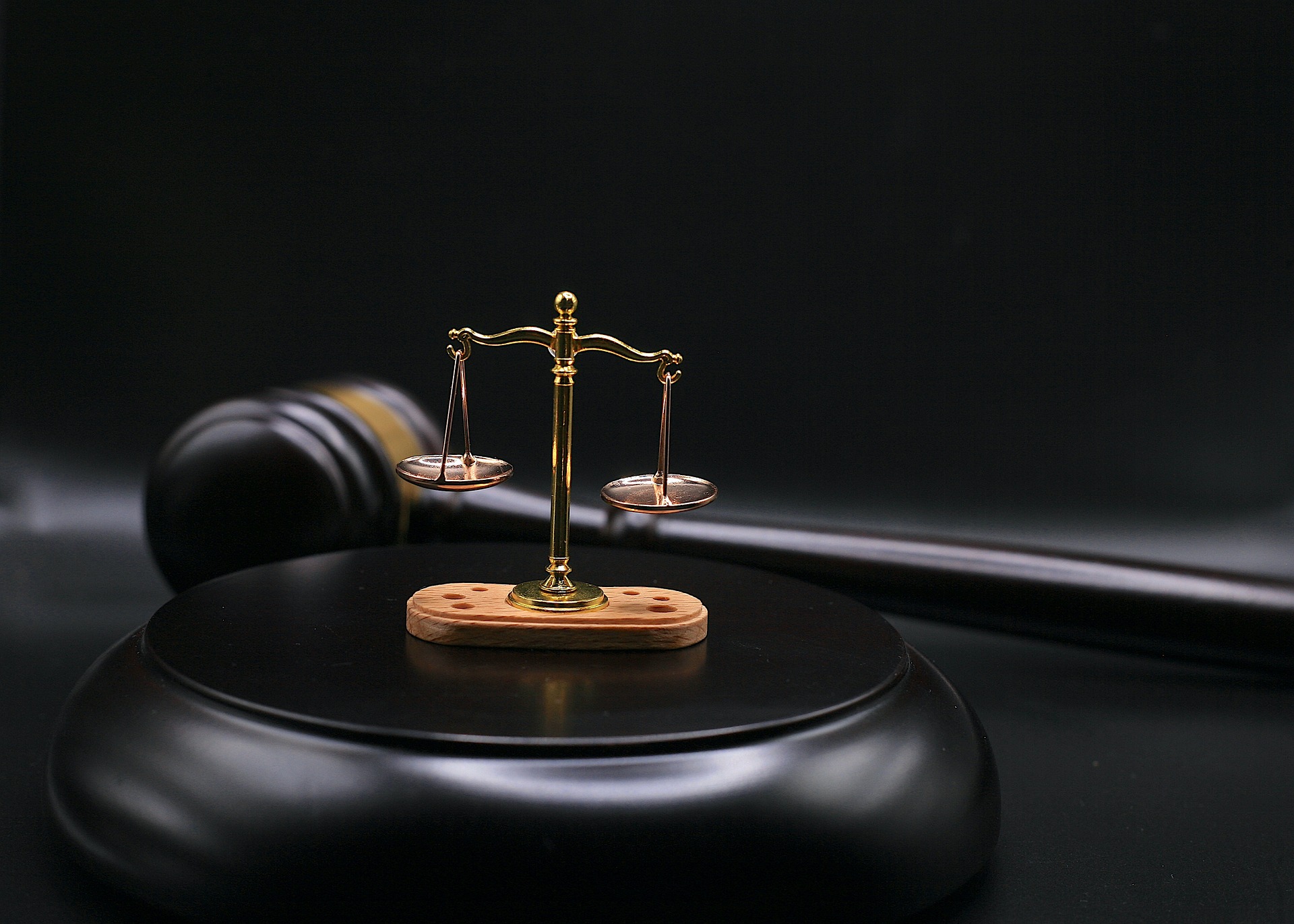Preventing Legal Disputes in Israel: Strategies & Support
Life can sometimes throw a curveball in the form of a lawsuit. Understanding how to protect yourself from legal actions is crucial, especially in a place like Israel, where the laws can be quite complex. Legal disputes can arise in various situations, whether through personal disagreements, business conflicts, or property issues. The right approach can mean the difference between a swift resolution and a lengthy legal battle.
To prevent finding yourself in these tricky situations, it’s essential to stay informed about potential legal threats and the measures you can take to protect yourself. A proactive approach often helps in tackling legal challenges before they escalate. By knowing what might lead to a lawsuit and taking preventative steps, individuals and businesses can maintain peace of mind and focus on their daily activities without the constant worry of potential legal troubles.
Identify Potential Legal Threats
Understanding what might lead you into a courtroom is the first step to protecting yourself. In Israel, people often face lawsuits due to a few common reasons.
– Contract Disputes: Whether in business or personal agreements, unclear terms or breached contracts often result in legal confrontations.
– Property Conflicts: This includes disagreements over boundaries, ownership, or rental issues, which can quickly escalate if not handled properly.
– Personal Injury Claims: Accidents or unfortunate incidents might result in claims needing legal resolution.
Recognizing early warning signs can be a game-changer. Here are some signals to watch out for:
1. Unresolved Disputes: Issues left unattended may grow into lawsuits. Address problems promptly and seek to resolve disputes amicably.
2. Written Threats: If you start receiving formal letters or emails hinting at legal action, take them seriously. They might indicate something brewing.
3. Breach of Communication: When communication breaks down, misunderstandings can become litigation. Keep channels open and responsive.
By keeping an eye out for these threats, one can take timely actions to resolve them, often without needing legal intervention. It’s all about staying aware and acting decisively at the first hint of trouble.
Legal Safeguards to Implement
Setting up strong defenses is key to avoiding legal problems. A good place to start is by ensuring that all contracts you enter into are clear and detailed. This helps prevent misunderstandings that could lead to disputes later. Whether you’re dealing with business partners, tenants, or service providers, every agreement should clearly outline the expectations and responsibilities of each party involved.
Protecting your assets is another crucial step. Consider separating personal and business assets to shield your personal finances from potential claims against your business. Simple actions like keeping thorough records of financial transactions and maintaining up-to-date licenses can go a long way in providing security. When it comes to property, ensure all documents related to ownership and transactions are in order, as these can be crucial in resolving any disputes.
Documentation often serves as your best ally in protecting your legal interests. Keep contracts, emails, letters, and any other forms of communication organized and accessible. You never know when past records might become relevant in resolving current issues. A well-documented history helps in both preventing miscommunications and effectively defending against potential claims.
Steps to Take if You Are Sued
Facing a lawsuit can be daunting, but knowing the right steps to take can help you handle the situation effectively. Start by taking immediate actions to protect your interests. This often means gathering evidence related to the case, such as contracts, communications, and any relevant documents that support your position. Keeping a clear timeline of events can help your understanding of the situation.
Prompt communication and cooperation with the opposing party, if appropriate, can often lead to a resolution outside the courtroom. Engaging in open discussions may reveal pathways to settlements or agreements that benefit all parties involved. It’s also important to be cautious of your communications during this time, ensuring they do not inadvertently harm your case.
Getting professional legal advice is crucial. A seasoned professional can guide you through the legal processes, helping you understand your rights and options. They can help you navigate the complexities of the legal system and represent your interests effectively. Having an expert in your corner can make a significant difference in the outcome of your case.
Building a Legal Safety Net
Being proactive about potential legal challenges can prevent many headaches. Establish long-term strategies, like regular legal consultations, to keep yourself informed and prepared. This ongoing partnership can help you stay on top of changes in laws and regulations that might affect your situation.
By taking these measures, you’ll create a strong defense against potential legal threats, ensuring that when challenges arise, you’re well-prepared to handle them. This proactive approach not only fosters peace of mind but also allows you to focus on what truly matters without being weighed down by legal concerns.
Protecting yourself from legal disputes is never easy, but having the right support can make a huge difference. Whether you need help with legal documents or need strategies to defend your interests, it’s smart to have guidance from professionals who understand the intricacies of the law. Learn how working with an attorney in Israel can help you build a reliable legal safety net. Eli Shimony Law Office is committed to offering the support and assistance you need to navigate any legal challenges with confidence.
Eli Shimony – Israeli law firm represents clients on all legal matters in Israel. For any questions, please contact us, and we will be happy to assist. By email: [email protected], By phone: +972-52-2769773, +972-3-5507155.
The above is only general information and does not replace legal advice, which is usually necessary before taking legal proceedings.












